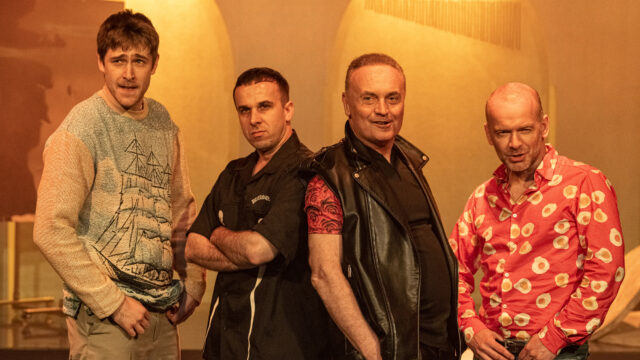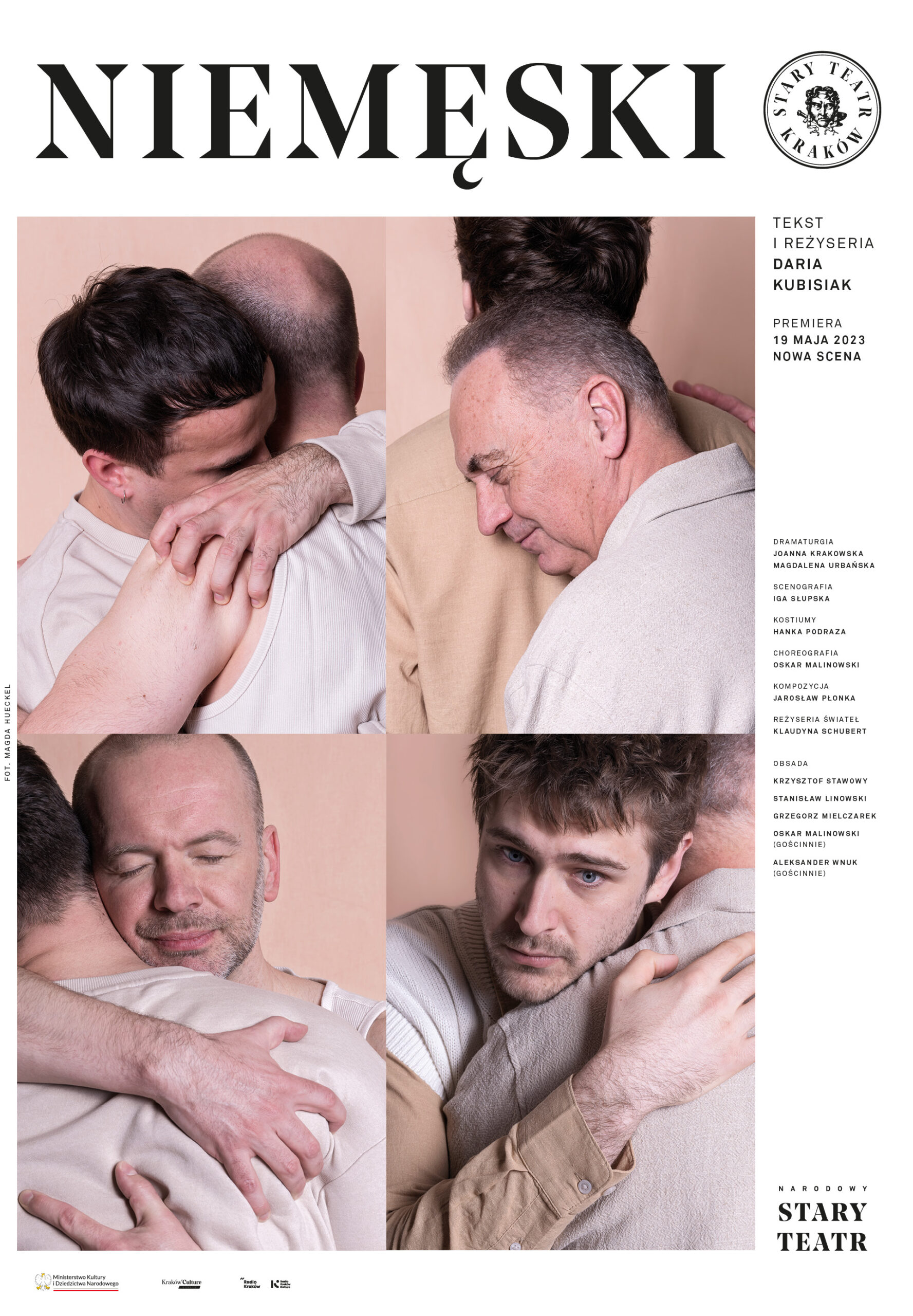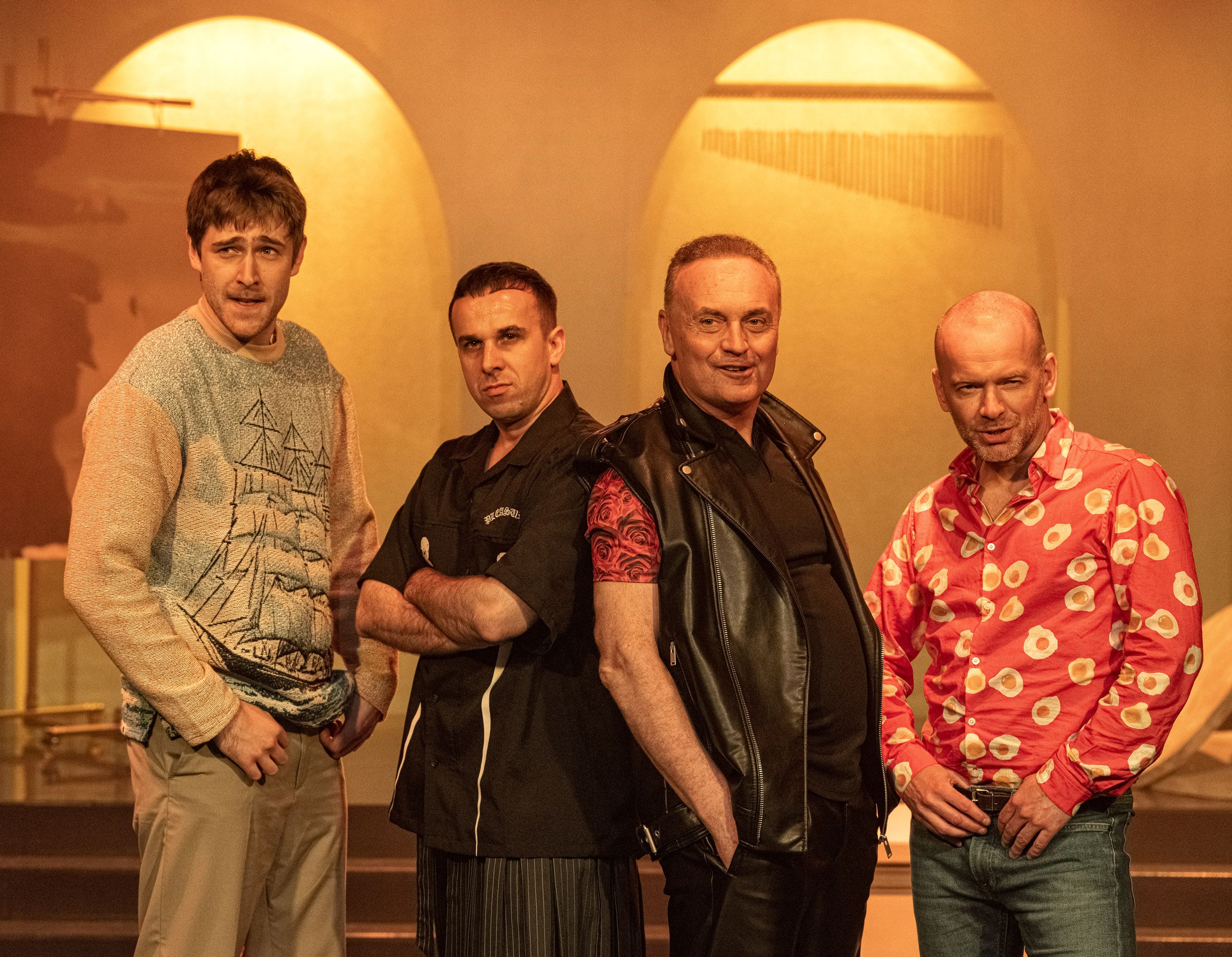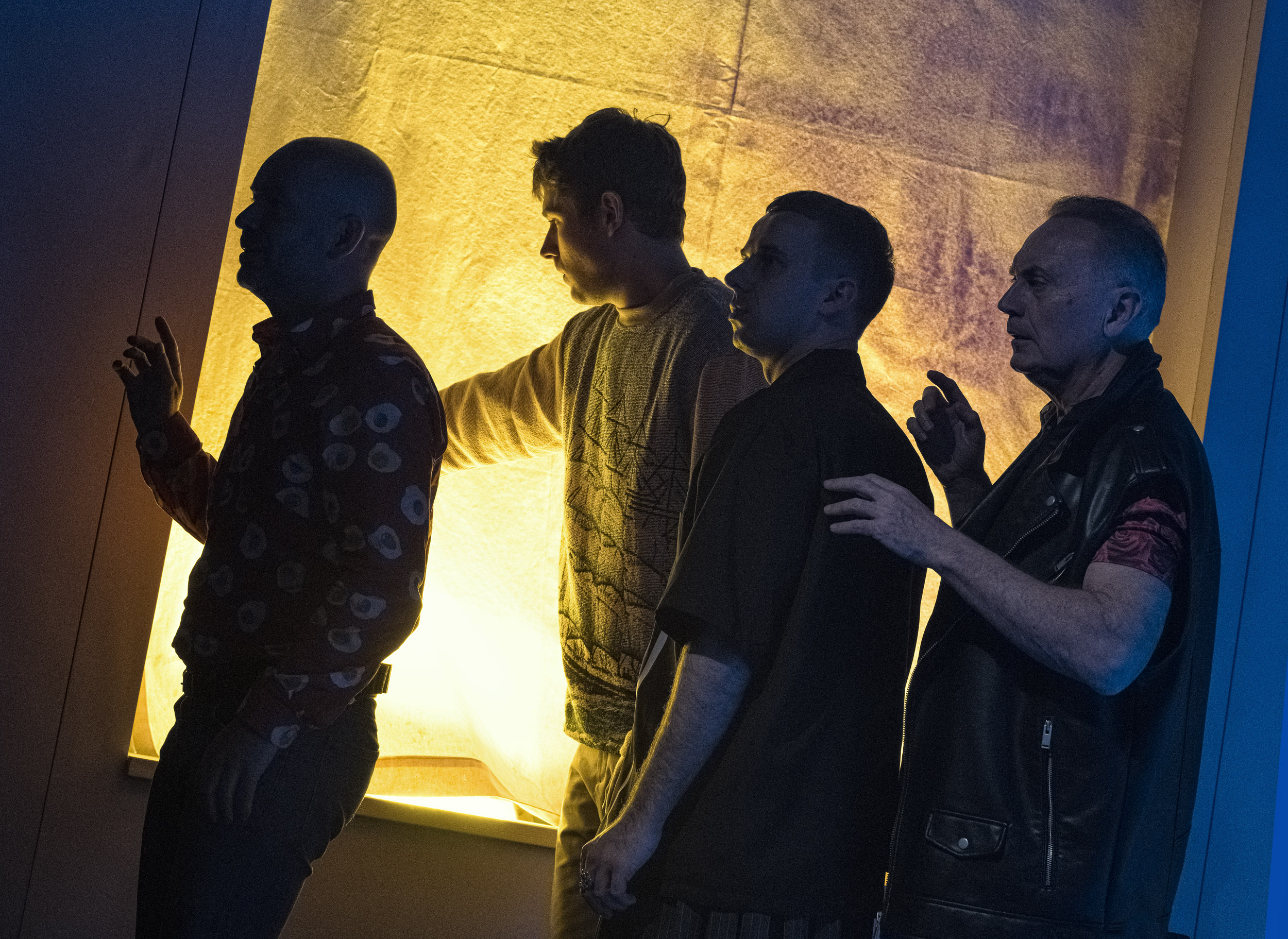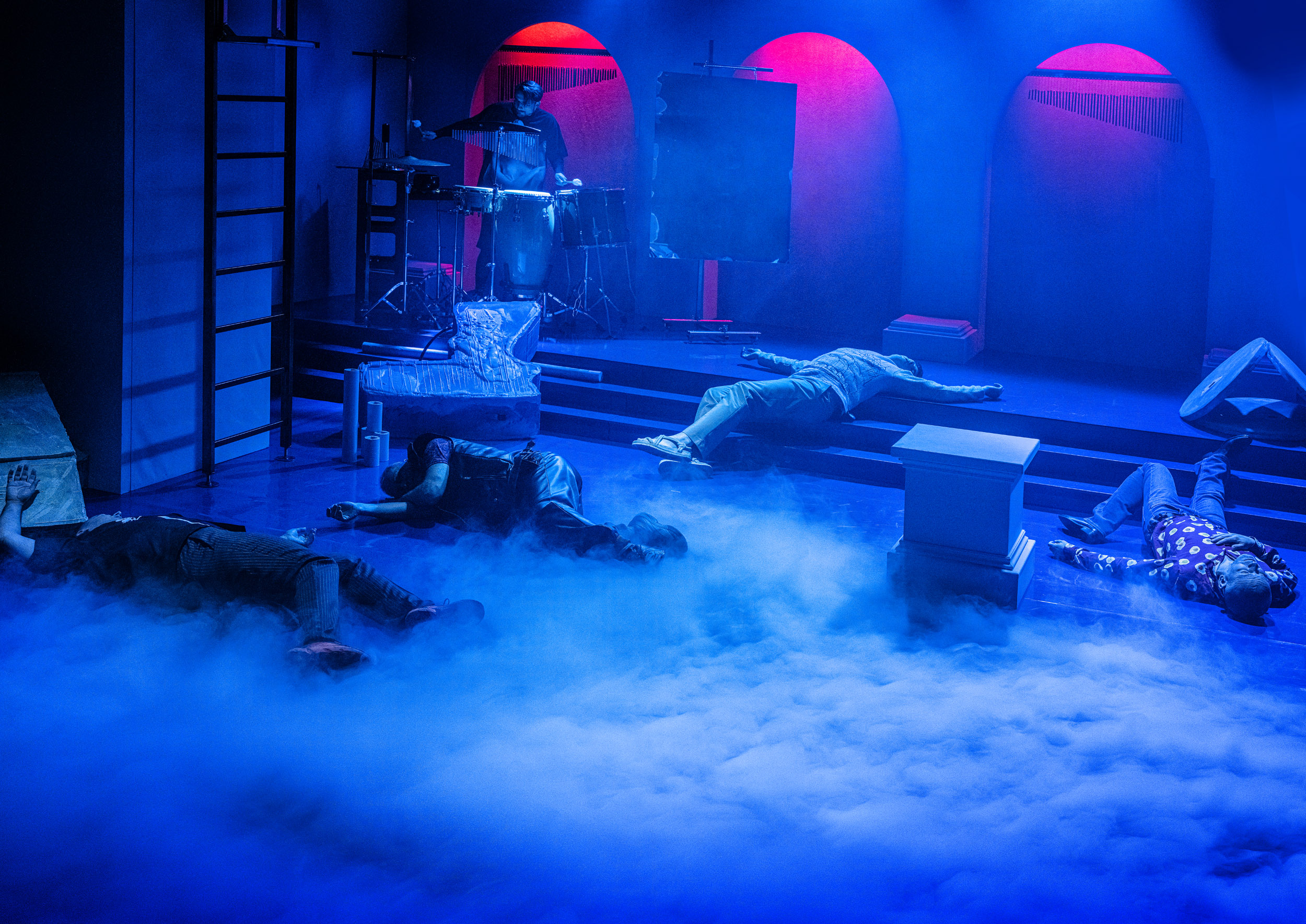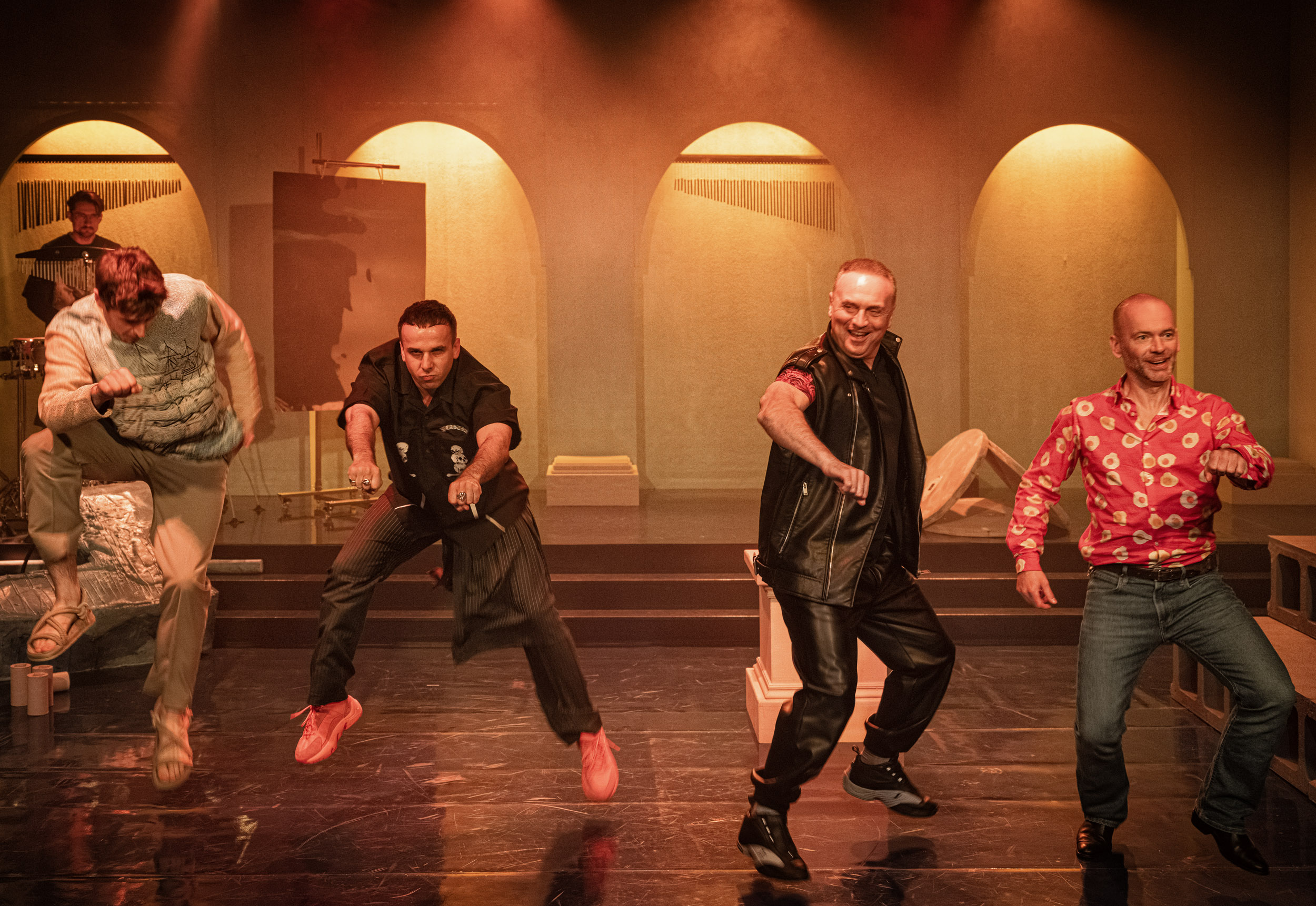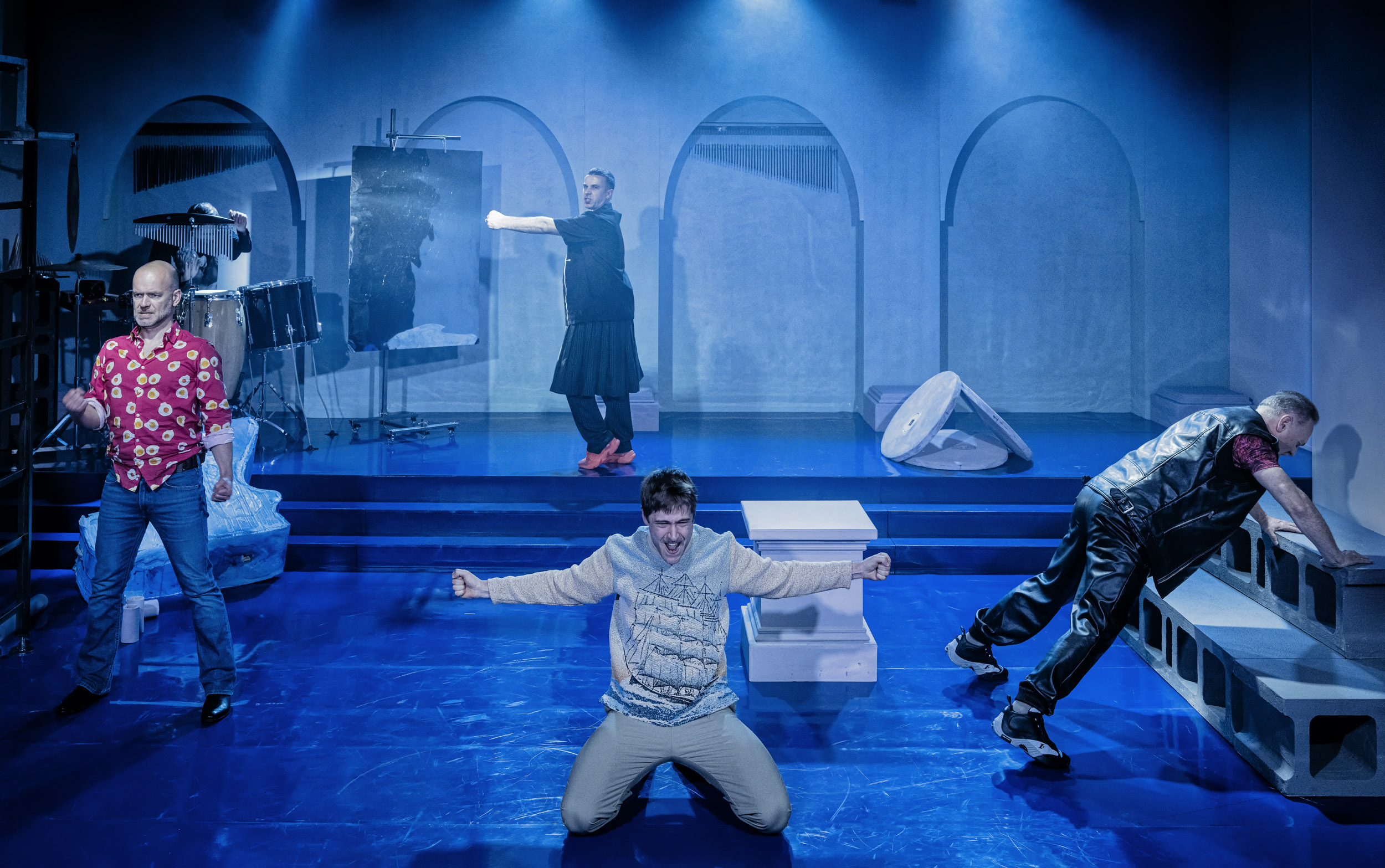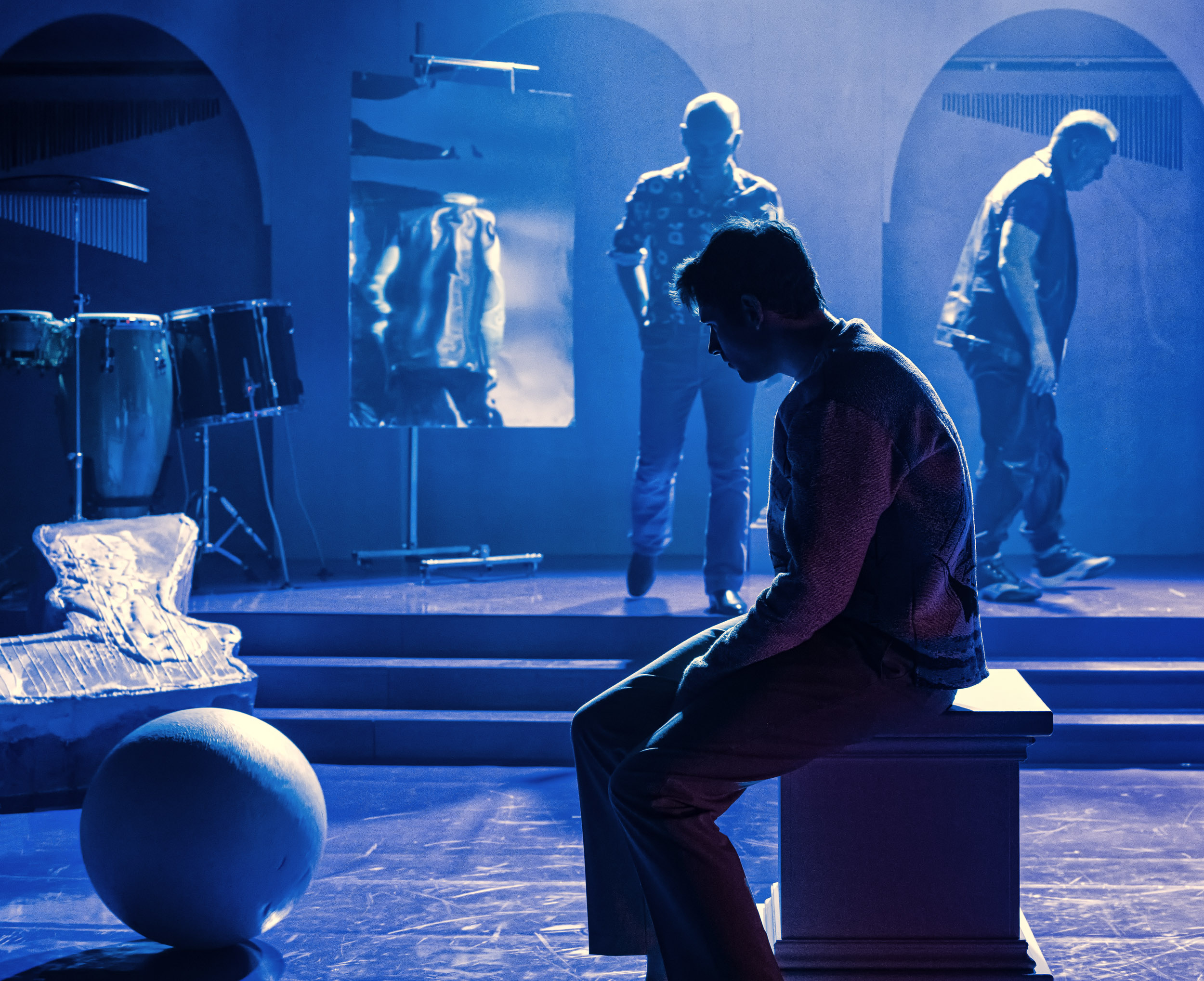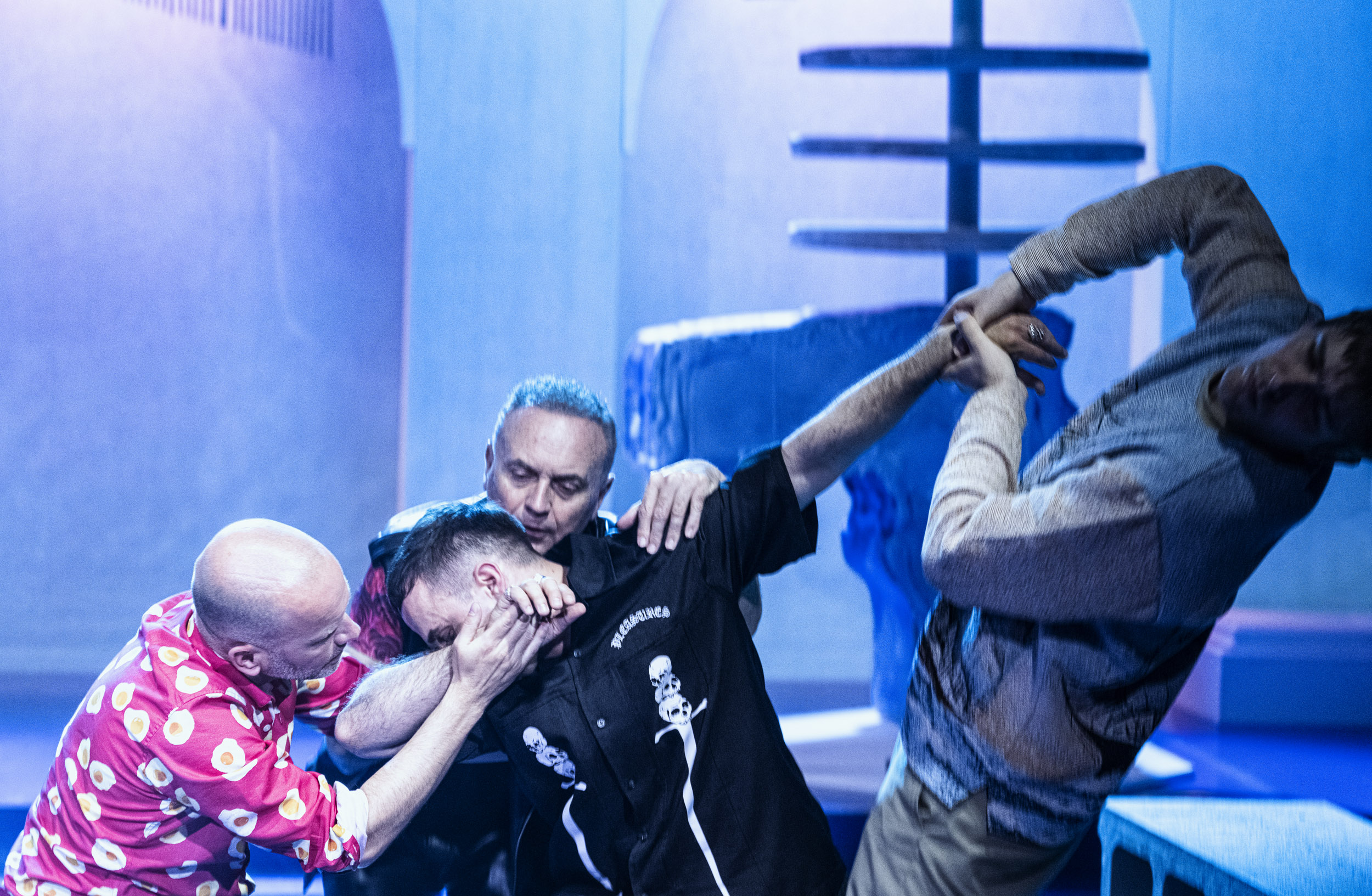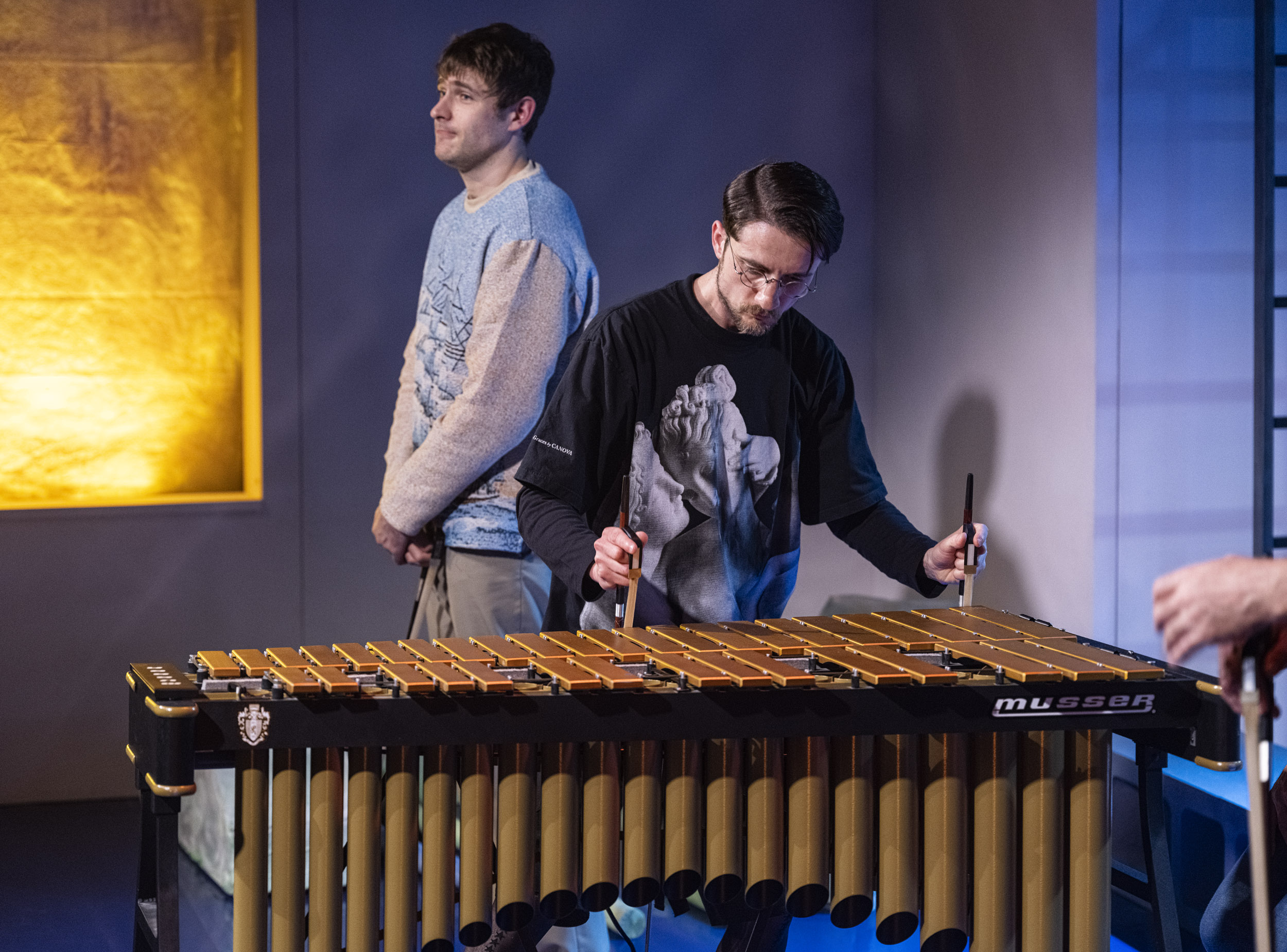Repertoire

unmanly
Dir. Daria Kubisiak
ul. Jagiellońska 1
Unmanly—what does it mean? Girlish, feminine, weak, weepy, soft, cowardly, submissive, frail, overemotional? Or maybe something else? Maybe just liberated from posturing and anxieties, free of the obligatory rivalry and muscle-flexing, free of the culturally-imposed behavior that might be admired on the screen, but in real life…? An unmanly man decides for himself. An unmanly man does not take advantage of the privileges given to him “from above.” An unmanly man is one who says what he feels, who does not have to win, because his life is not a competition, a match, or a race. It is hard to understand the play’s protagonists—four men at a turning point and under pressure—but we must admit they are really trying, and the play’s creators are attempting to persuade them that “unmanly” is less an insult than a compliment.
The protagonists’ twisted stories come face-to-face with the cultural collapse of the system; “unmanly” is a utopian speculation on its state of things. These are scenes where men gain soft skills generally ascribed to women in a humorous and oneiric fashion. The lost, complex-ridden protagonists try to find themselves in the new reality, hovering somewhere between dream and waking. “Unmanly” can also help us get over our anxieties, fears, and worries about the crumbling patriarchy.
Starting with (…) model concepts of “manliness,’’ viewers are guided toward all the “unmanly” traits, ones that depart from how we imagine this behavior. Narrowing the vision of masculinity and surveying male anxieties and nightmares is a brilliant tactic (…). I believe that totally ignoring the situations that make men feel confident and comfortable, strong even when they are losing, is an exceptional asset in this play. As the title suggests, by focusing on themes of weakness, the helplessness of the human being clothed in the male body, we easily see a range of cracks in the edifices of the men we often observe in our surroundings. The scriptwriter has developed an interesting vision of men’s emotional life, which I believe is accurate, though it is, of course, portrayed with a healthy dose of irony and wit (…).
Mateusz Leon Rychlak, Teatr dla Wszystkich
What roles do stereotypes play in our lives? Do they structure the world, or make it hard for us to find ourselves in it? How strong is the masculine stereotype in us? These dilemmas were the point of departure for making this play. “The question is: what used to be manly, and what does manly mean today? It seems it has been totally redefined and we’re still using the old, worn-out formulae and stereotypes; we don’t know what manliness is,” says the author. It is she, a woman, who wrote the script, though one might suppose these issues are none of her concern…
Marlena Chudzio, Radio RMF
Cast
Creators
- Daria Kubisiak Scriptwriter and director
- Joanna Krakowska, Magdalena Urbańska Dramaturgy
- Jarosław Płonka Composer
- Oskar Malinowski Choreographer
- Iga Słupska Scenographer
- Hanka Podraza Costumes
- Klaudyna Schubert Lighting director
- Ewa Wrześniak Stage manager/prompter
